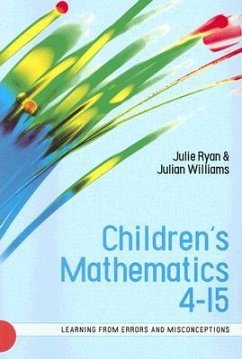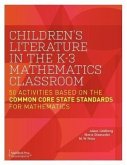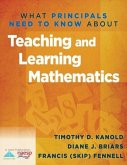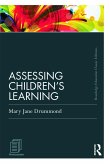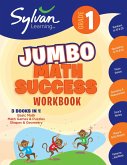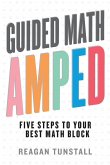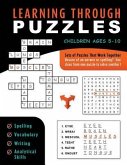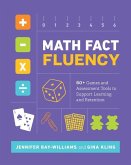The mistakes children make in mathematics are usually not just 'mistakes' - they are often intelligent generalizations from previous learning. Following several decades of academic study of such mistakes, the phrase 'errors and misconceptions' has recently entered the vocabulary of mathematics teacher education and has become prominent in the curriculum for initial teacher education. The popular view of children's errors and misconceptions is that they should be corrected as soon as possible. The authors contest this, perceiving them as potential windows into children's mathematics. Errors may diagnose significant ways of thinking and stages in learning that highlight important opportunities for new learning. This book uses extensive, original data from the authors' own research on children's performance, errors and misconceptions across the mathematics curriculum. It progressively develops concepts for teachers to use in organizing their understanding and knowledge of children's mathematics, offers practical guidance for classroom teaching and concludes with theoretical accounts of learning and teaching. Children's Mathematics 4-15 is a groundbreaking book, which transforms research on diagnostic errors into knowledge for teaching, teacher education and research on teaching. It is essential reading for teachers, students on undergraduate teacher training courses and graduate and PGCE mathematics teacher trainees, as well as teacher educators and researchers.
